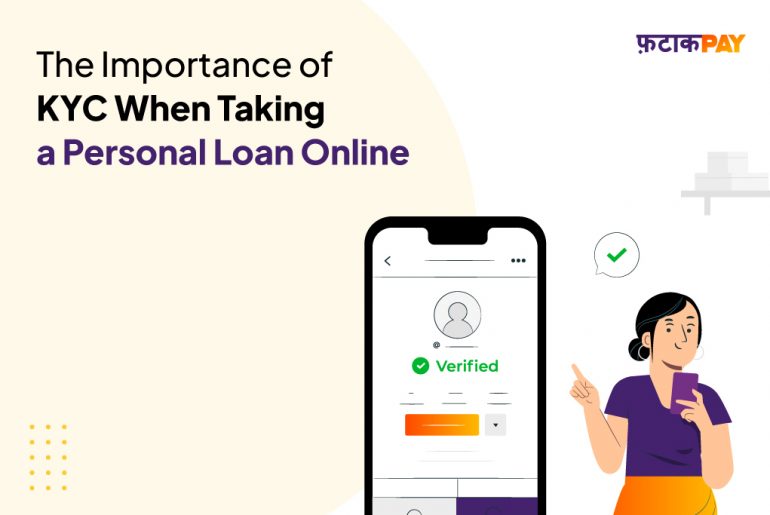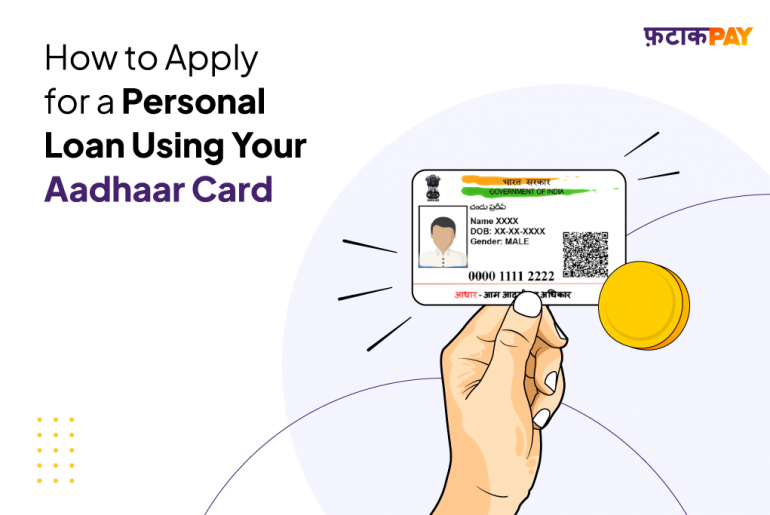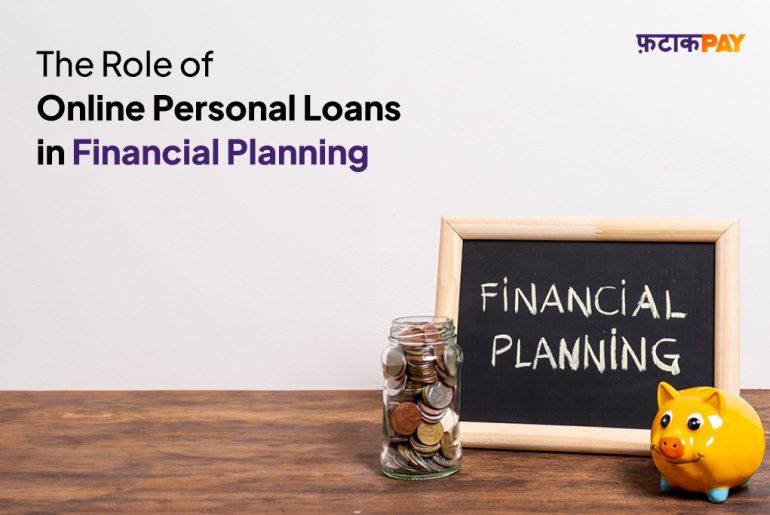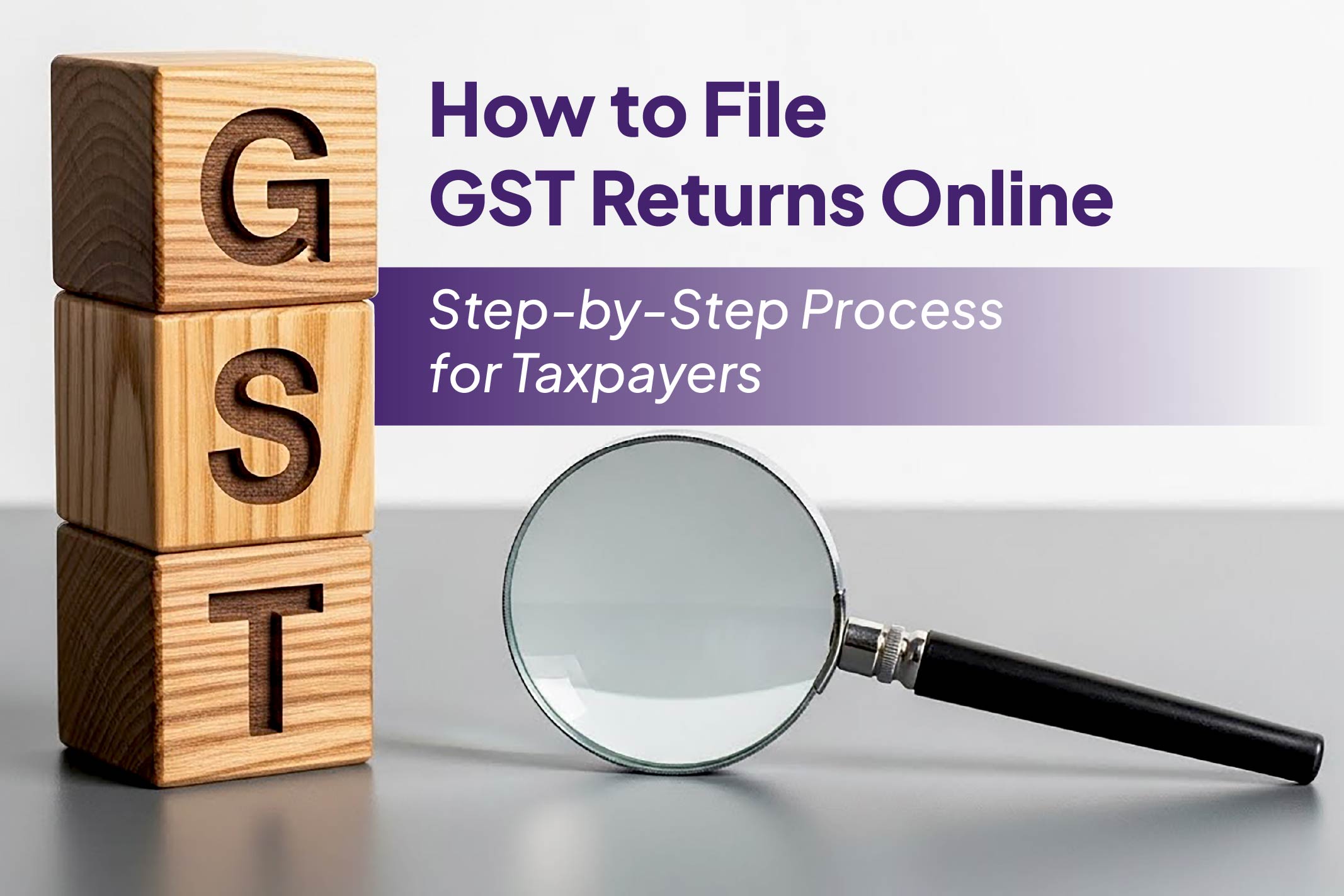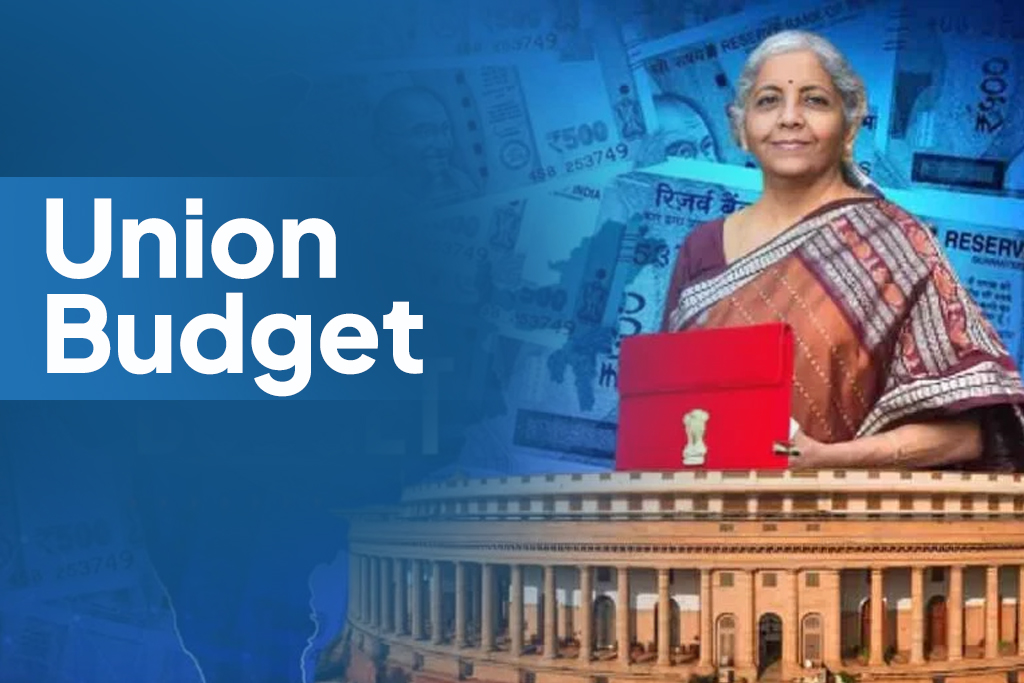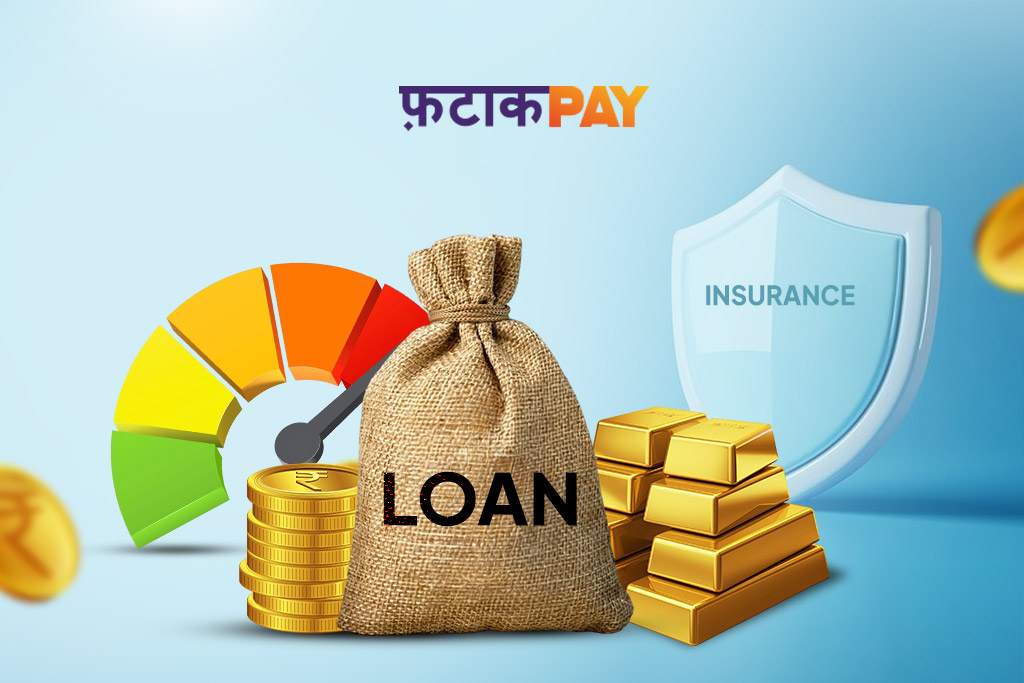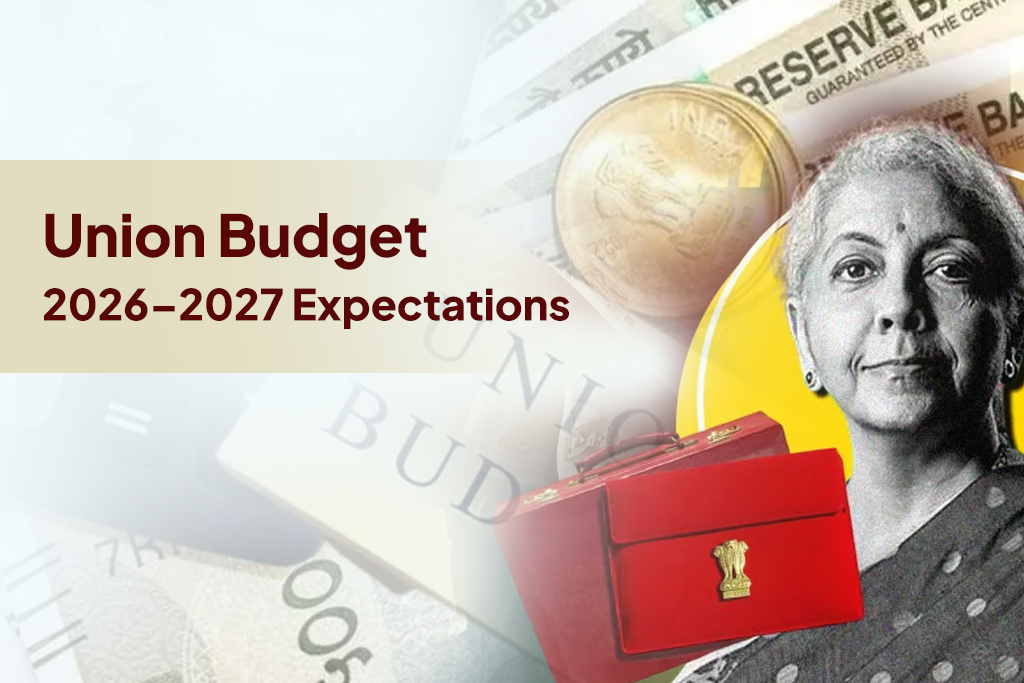With advanced technologies and newly developed online platforms, applying for an online personal loan has become simple and easy for all the users. At the convenience of their home, now users can apply for a personal loan, with a minimum documentation and quick processing time as well.
In the overall process of personal loan application, there is a process of KYC introduced. This is made as a mandatory step which all the banks, credit unions or lenders will ask the users to perform. KYC or e-KYC is an essential step of ensuring safety and security along with the act of avoiding any fraud activities.
Understanding KYC
KYC or Know Your Customer is an essential step that is being integrated in each process these days for ensuring and avoiding any fraud activities. During the KYC process, the users are asked to produce some verification documents, upon the complete verification process, the users are granted the personal loan amount asked for.
During e-KYC, the user’s digital identity is verified with basic documentation like Aadhar card. Taking data from the Aadhar’s database allows the lenders to verify the identity of the person and ensures there is no fraudulent activity.
This helps to speed up the process of your loan approval and allows you to get instant online personal loan. Furthermore, with the help of KYC, you can get easy access to all the information that is required to process the loan application.
Along with this, it eliminates the need of any physical verification such as address verification that was a huge task in the traditional process of personal loan approval.
Benefits of KYC
As we said, with KYC you can easily get your customer verification done, ensuring the true identity of the customer and process the loan application. Additionally, here are some major benefits of incorporating e-KYC or KYC in the online personal loan application process.
- Fast Processing
Since the entire process of KYC is done via online processes, it makes the overall process of loan application faster and effective. Further reducing the long queues outside the banks and credit unions and reducing the waiting around time for the users to get the loan approval.
- Reduced Documentation
With all the user information being uploaded on the Aadhar database, the whole process of verification is made paperless and eliminates the need for heavy documentation. This helps to make the entire process of loan application simple, effective and quick.
Along with this, it allows you to keep the documentation to a minimum which further helps to simplify the overall process of loan application for users and lenders as well.
- Cost-effective
Online verification reduces the need for any physical visit to verify the identity of the user, hence it reduces the cost spent in the verification process. This helps to reduce the overall cost spent for the loan approval process, making it beneficial for the lenders.
- Time Saving
With all the user data being fetched from the Aadhar database it is quick, simple and easy for the lenders to complete the verification process. It not only significantly reduces the effort but also reduces the time spent on verification.
- Safe and Secure
Leveraging data from online databases further makes the entire process safe and secure for the user as well. Also, there is no risk of data leak as well, since the overall process is end-to-end encrypted and allows the user to protect their data.
- Increased Efficiency
Making the overall process on digital platforms has further increase the efficiency of the whole process of verification and in turn increased efficiency of the loan application process as well. This is beneficial for the lenders and users as well, enabling the user to get simple and easy online personal loan approval.
Process of KYC
Moving along with the discussion, let’s also have a look at the process of KYC that takes place with the lenders.
- Customer Consent
The whole process of KYC starts with the customer’s consent for sharing their required information. It is essential to have full consent of the users before initiating the verification KYC process. As a customer you are going to share your Aadhar card details, hence full consent is necessary.
- Aadhar Authentication
Once the customer has given full consent, their Aadhar card number is used to fetch their details from the UIDAI database for verification purposes. This verification is carried out usually via an OTP or biometric as well, as per the user’s convenience and preference.
- Data Fetch
Once the OPT or biometric is offered, the portal can fetch all the required data from the portal for complete verification process. It leverages data such as name, DOB, address, gender and photograph from the database for the verification process.
- Verification
Once the entire data is fetched from the portal, this data is verified along with the data submitted while submitting the loan application. If the data matches, then the loan is approved, if not then the loan application is rejected.
- Onboarding
Once your data is verified you are now on-boarded with the lender for your loan application.
- Loan Approval
Along with onboarding comes the loan approval, upon completion of this step the user is given the approved loan amount.
Concluding Points
There are various lenders available on the market that you can leverage for online personal loan applications. Among all these names, FatakPay is one of the most reliable and trustworthy names that you can work with.
Here you get an instant online personal loan with minimum documentation, and minimum fees. Furthermore, with FatakPay there is utmost security of your data and no risk for data breaches. This helps to make the overall process of online personal loan application simple and effective for the users.
FAQs:
1. What is the purpose of KYC in the personal loan application process?
The purpose of KYC is to ensure the identity of the user and verify the data provided in the loan application with their Aadhar card details.
2.What documents are required for KYC when applying for a personal loan online?
For documents you are required to offer your Aadhar card while applying for an online personal loan.
3.How long does the KYC verification process take?
The KYC verification process can take from a few hours to days, depending on the lender.
4. What should I do if my KYC documents are rejected or require resubmission?
If your KYC documents are rejected it is advisable to cross, verify and ensure that you are submitting the right documents with all the updated information. Complete your KYC and get instant personal loan approval in 5 minutes with FatakPay.
Quick, paperless, and 100% secure your financial journey starts here.
Apply now and experience effortless lending!
Also Read
To learn more about identity-based loan applications and required documents, check out these helpful guides:
- Aadhaar card personal loan– A step-by-step guide explaining how you can apply for a personal loan online using your Aadhaar card.
- What is PAN card – Understand what a PAN card is, its importance, and why lenders require it during loan applications.
| Personal Loans by City | ||||
|---|---|---|---|---|
| Personal Loan Bengaluru | Personal Loan Thane | Personal Loan Mumbai | Personal Loan Hyderabad | |
| Personal Loan Pune | Personal Loan Surat | Personal Loan Coimbatore | Personal Loan Delhi | |
| Personal Loans by Amount | ₹60,000 Personal Loan | ₹3 Lakh Personal Loan | ₹5 Lakh Personal Loan |
|---|
